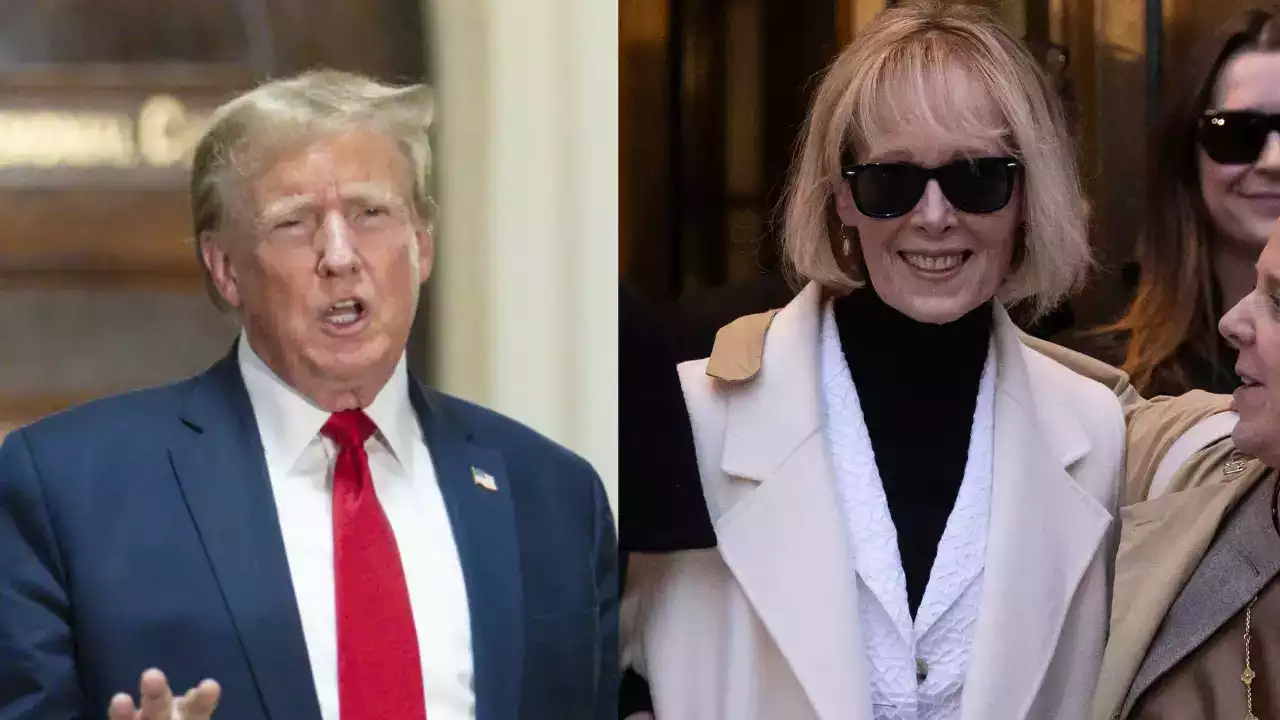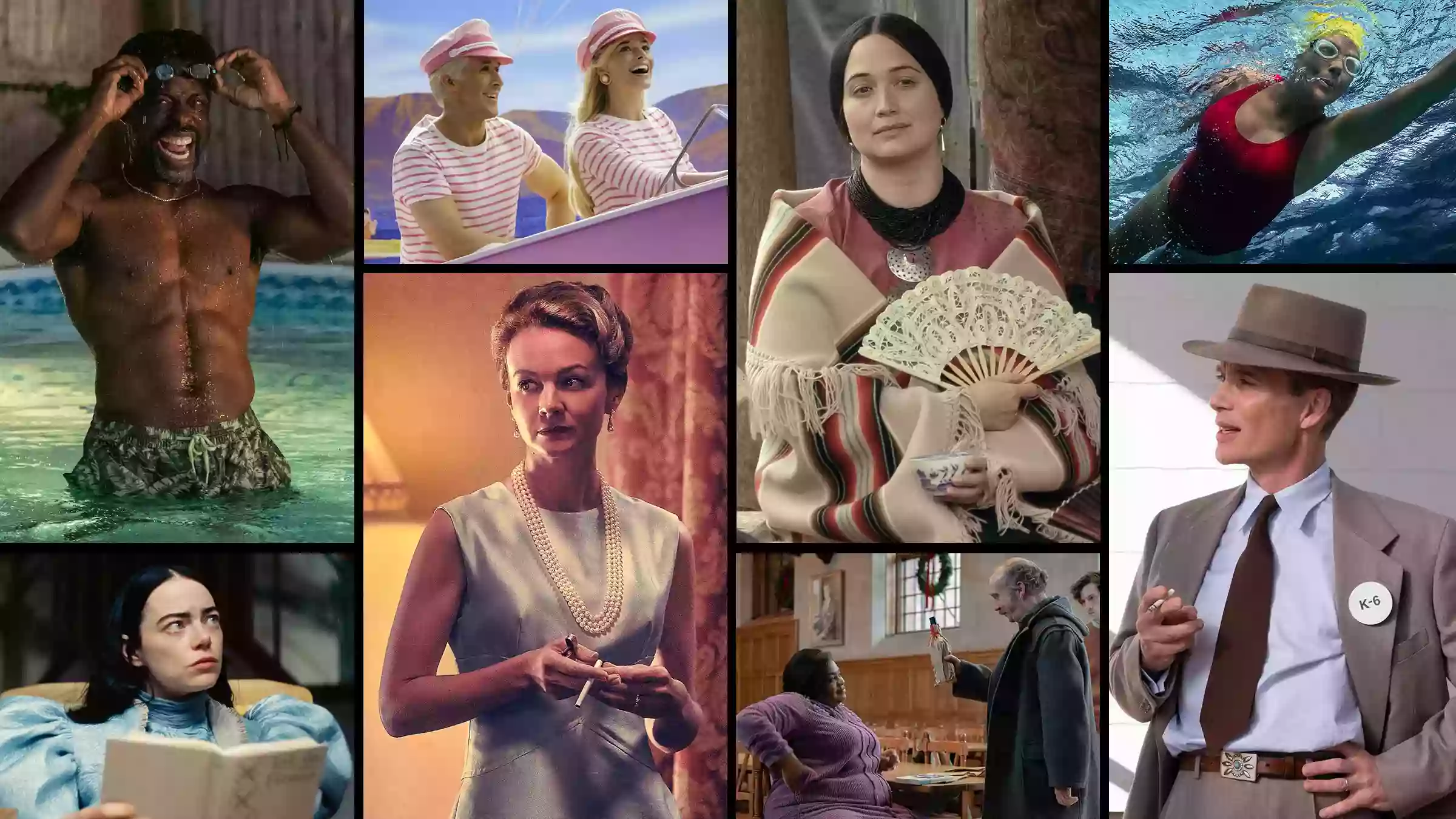Supreme Court Justice Ethics: Learn about the principles and rules that guide the behavior and decisions of the top judges in the nation.
The Subpoena Targets: Who Are They and What Did They Do?
The U.S. Senate Judiciary Committee, led by Democrats, has announced that it will vote to authorize subpoenas for three individuals who are allegedly involved in giving undisclosed gifts and private access to some Supreme Court justices, especially Justice Clarence Thomas. The move is part of the committee’s investigation into ethics reform at the Supreme Court, which has been accused of being in an “ethical crisis” by the committee’s chair, Senator Dick Durbin.
The three individuals targeted by the subpoenas are Harlan Crow, Leonard Leo, and Robin Arkley II, who are all wealthy conservative donors and activists. According to investigative reporting by various media outlets, these individuals have provided lavish gifts, such as private planes, yachts, tuition fees, and loans, to some of the justices or their family members, without disclosing them as required by federal laws . They have also allegedly gained private access to the justices and influenced their judicial decisions on cases involving their interests.
Crow is a Texas billionaire who owns a real estate company and a collection of historical artifacts. He has been a longtime friend and benefactor of Thomas, who has visited his ranch and flown on his private jet several times. Crow also donated $500,000 to a museum project that was run by Thomas’s wife, Virginia .
Leo is a former executive vice president of the Federalist Society, a conservative legal group that has played a key role in shaping the Supreme Court’s composition and ideology. He has been instrumental in recommending and vetting judicial nominees for Republican presidents, including Thomas and five other current justices. Leo also runs a network of dark money groups that funnel millions of dollars to conservative causes and campaigns .
Arkley is a California millionaire who owns a financial services company and a newspaper. He has been a vocal critic of environmental regulations and a supporter of Republican politicians. He has also been a generous lender to Thomas, who reportedly received a $15,000 loan from Arkley in 2007 to buy a boat .
The Committee’s Inquiry: What Are They Looking For and Why?

© OLIVIER DOULIERY/AFP via Getty Images
The committee said that it had sent inquiries to Crow, Leo, and Arkley, but they had either refused to comply or offered to produce limited information that fell short of what the committee needed and was entitled to. Therefore, the committee decided to seek compulsory process to obtain the information they held. The vote on the subpoenas is likely to take place on November 9.
The committee’s investigation is part of a broader effort by Senate Democrats to push for ethics reform at the Supreme Court, which is the only federal court that does not have a binding code of conduct for its judges. In July, the committee advanced the Supreme Court Ethics, Recusal, and Transparency (SCERT) Act to the full Senate. The bill would require the Supreme Court justices to adopt a code of conduct, create a mechanism to investigate alleged violations of the code and other laws, improve disclosure and transparency when a justice has a connection to a party or amicus before the court, and require justices to explain their recusal decisions to the public.
The committee said that it was concerned about the potential conflicts of interest and appearance of impropriety that arise from the undisclosed gifts and access given by Crow, Leo, and Arkley to some of the justices. The committee also said that it wanted to examine whether these individuals had any influence on the justices’ rulings on cases that involved their interests or ideologies.
For example, in 2010, the Supreme Court issued a landmark decision in Citizens United v. FEC, which struck down limits on corporate spending in elections. The decision was widely seen as benefiting conservative groups and candidates that were funded by Leo’s network of dark money organizations. Thomas was one of the five justices who voted in favor of Citizens United. He did not disclose that his wife had received $686,589 from one of Leo’s groups between 2003 and 2007. He also did not recuse himself from the case despite calls from some lawmakers and watchdogs.
Another example is in 2019, when the Supreme Court ruled in favor of property owners in Knick v. Township of Scott, which made it easier for them to challenge local land use regulations in federal courts. The decision was hailed by Arkley as a victory for his newspaper’s campaign against environmental laws that he claimed violated his property rights. Thomas was one of the five justices who voted in favor of Knick. He did not disclose that he had received a loan from Arkley in 2007. He also did not recuse himself from the case despite calls from some lawmakers and watchdogs.
The SCERT Act: How Will It Reform the Supreme Court’s Ethics?

© Tom Williams-Pool/Getty Images
The SCERT Act, which was introduced by Senator Sheldon Whitehouse and co-sponsored by 14 other Democrats, aims to address the ethical issues and loopholes that plague the Supreme Court. The bill would require the Supreme Court justices to follow the same code of conduct that applies to lower federal judges, which prohibits them from accepting gifts or favors from anyone who has an interest in a case before them, engaging in political activity, or making public statements that could affect the outcome of a case.
The bill would also create an independent Office of Inspector General for the Judicial Branch, which would have the authority to investigate and report on allegations of misconduct by Supreme Court justices and other federal judges. The office would also conduct audits and reviews of the judiciary’s operations and finances, and make recommendations for improvements.
The bill would also enhance the disclosure and transparency requirements for Supreme Court justices when they have a connection to a party or amicus before the court. The bill would require justices to disclose any financial or personal interest they or their family members have in a case, any gifts or travel reimbursements they receive from a party or amicus, any meetings or communications they have with a party or amicus, and any recusal requests they receive or make. The bill would also require justices to explain their reasons for recusing or not recusing themselves from a case.
The bill’s supporters say that it would restore public trust and confidence in the Supreme Court, which has been eroded by the growing perception that some of the justices are biased, partisan, or beholden to special interests. They also say that it would uphold the integrity and independence of the judiciary, which is essential for the rule of law and democracy .
The bill’s opponents say that it would infringe on the constitutional separation of powers and the judicial discretion of the Supreme Court justices. They also say that it would create unnecessary bureaucracy and politicize the judiciary. They argue that the Supreme Court justices are already bound by their oath of office and their own sense of ethics, and that they are accountable to their peers and the public .
The SCERT Act is currently pending in the Senate, where it faces an uncertain fate. It has not received any Republican support, and it may face a filibuster or other procedural hurdles. It is also unclear whether President Joe Biden would sign it into law if it reaches his desk.
FAQs
Q: Who are the three individuals that the Senate Judiciary Committee wants to subpoena?
A: The three individuals are Harlan Crow, Leonard Leo, and Robin Arkley II, who are wealthy conservative donors and activists who have allegedly given undisclosed gifts and private access to some Supreme Court justices, especially Justice Clarence Thomas.
Q: What is the SCERT Act and what does it aim to do?
A: The SCERT Act is a bill introduced by Senate Democrats that aims to reform the ethics of the Supreme Court. It would require the Supreme Court justices to follow a code of conduct, create an office to investigate misconduct allegations, improve disclosure and transparency when a justice has a connection to a case, and require justices to explain their recusal decisions.
Q: What are some of the cases that have raised ethical concerns about the Supreme Court justices?
A: Some of the cases are Citizens United v. FEC, which struck down limits on corporate spending in elections, and Knick v. Township of Scott, which made it easier for property owners to challenge local land use regulations. In both cases, Justice Thomas voted in favor of the conservative side without disclosing his financial or personal ties to some of the parties or amici involved.
Read Tampa street shooting: Two killed, 18 wounded in a violent incident amid Halloween festivities




One thought on “Senate Democrats Launch Probe Into Supreme Court Justice Ethics”
Comments are closed.